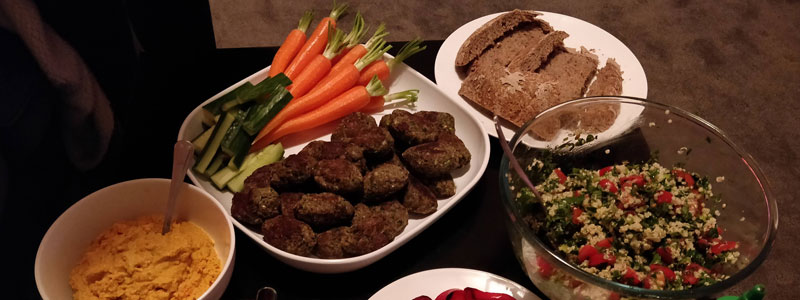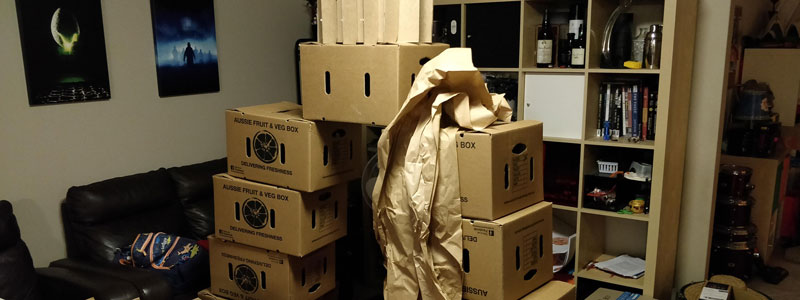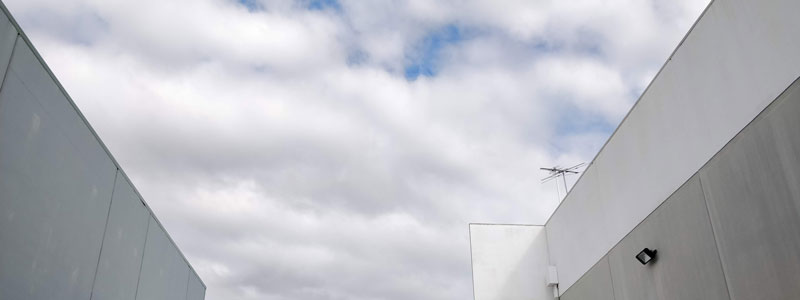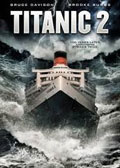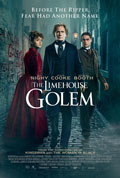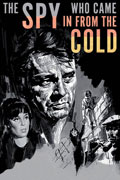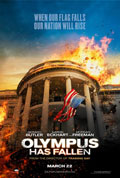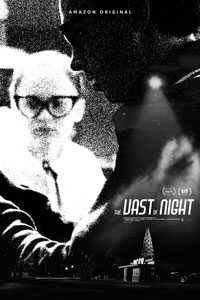(June 29 – July 5)
It’s been a slightly patchy writing week (mostly due to me coming down mildly sick at the end of it) but an interesting one. As you will doubtless know by now, I’ve embarked on some mid-week evening writing sessions which I’m using to edit the earlier chapters of my novel. Over the previous weeks I’ve been working on the Prologue (which would probably just be Chapter One in most books, but just let me do me). Meanwhile, in theory at least, the mornings are for me to continue writing the first draft of the closing chapters of the novel. In reality I’ve ended up getting more into the editing than expected.
It’s been a really interesting process; trying to stitch the start of the novel more firmly with the rest of it. When I started this project I had some reasonably good ideas about the characters; about where they start out, and what their journey through the narrative is. What has been surprising is discovering that the versions of these characters in the early chapters are actually quite different. I would have expected that the characters would develop and grow over the course of writing the novel, but what seems to have happened is that they’ve started from a very different point than (I thought) I had in mind. In many ways they’re both bolder and brasher than I realised; the characters are still the same, but turned up to 11.
Consequently there’s been quite a lot of stitching required, particularly in Chapter One (more so than the Prologue, because Chapter One is where my two main characters really start to interact and learn about each other). As part of this process, there are scenes that have been moved around wholesale from one end of the chapter to another. There are even moments where I’ve swapped the dialogue between the two characters (while noting that these characters are meant to have distinctly contrasting personalities).
Another advantage of going over these early chapters before I’ve even finished the first draft of the novel (and I’m so, so close to that now) is that it gives me plenty of room to play around with the ending if I need to—and, more importantly, it means that I’m excited to go back to the end now that I’ve revisited where these characters come from.
That being said, I’m equally excited about continuing this exploration of the early chapters so a little discipline will probably be required over the coming weeks if I’m to get any new words written.
Learned from …
This week I watched Death At A Funeral (the original version) and enjoyed it very much. However, I started wondering why it hadn’t been a bigger hit: it’s just as funny as Four Weddings And A Funeral, for example.
Then, in comparing the two films, I realised the answer. Four Weddings really takes you on a journey with the characters, even the supporting characters get moments where their lives change. Most of this is missing in Death At A Funeral. There is one character who gets a moment (finally standing up to her domineering father), while the others brush very, very close but don’t quite get there.
As a consequence, the film, while perfectly enjoyable, becomes far more transient. You enjoy your time with the characters while you’re there, but very little of it sticks with you since you’ve not truly been on a journey with them. And it’s a shame, because all the building blocks are there, and all it would have taken is a few lines of dialogue here and there; a moment for each character to reflect, or to express what has changed for them.
Either way, I still recommend the film as it’s a blast: I just wish it had been a bit more than that.


